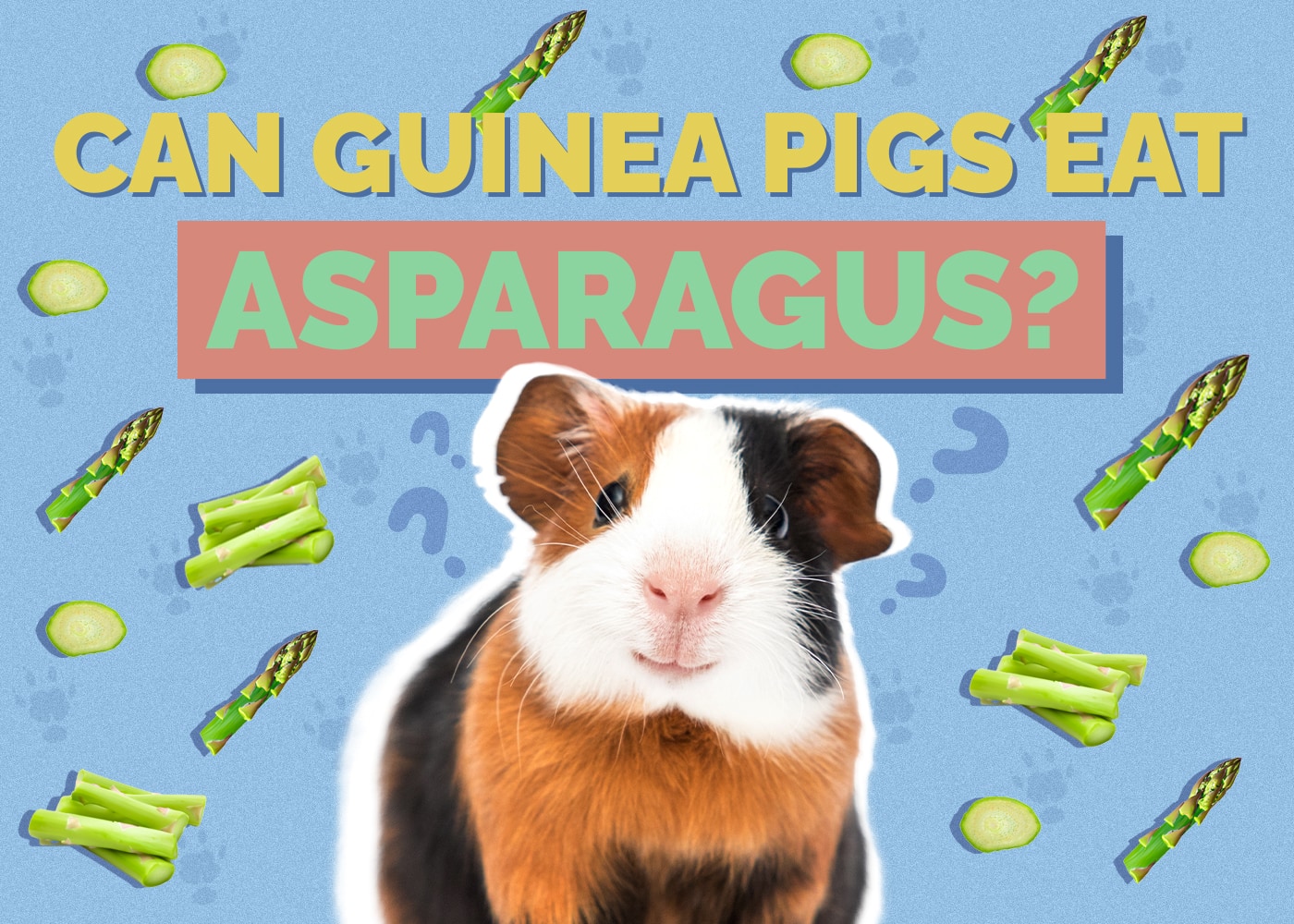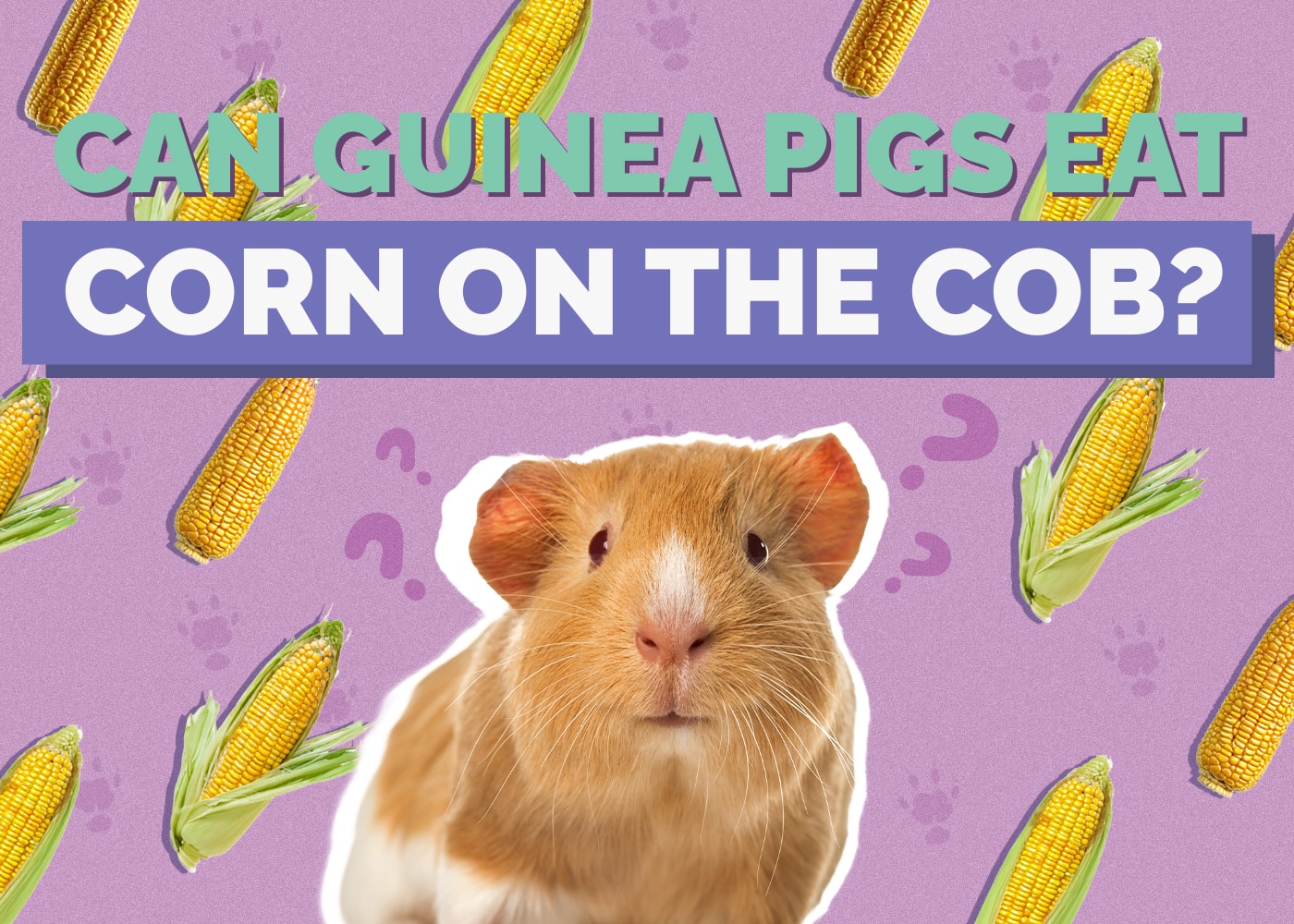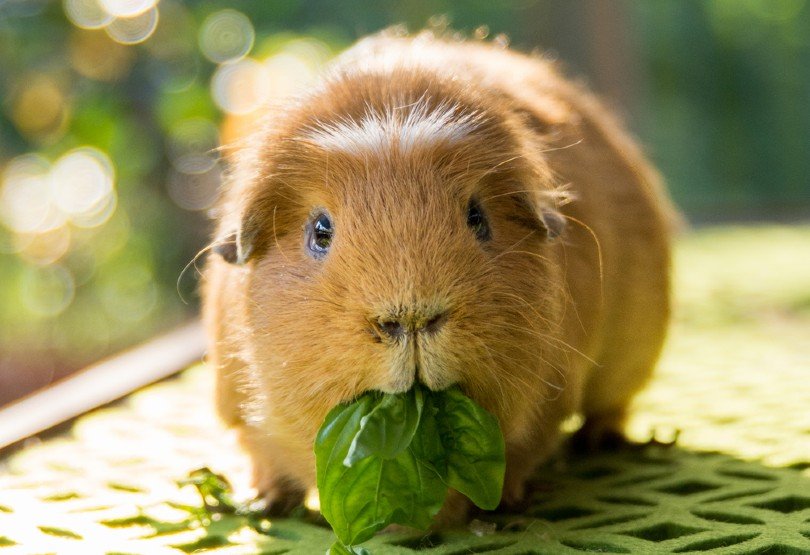Can Guinea Pigs Eat Walnuts? Vet Approved Facts & Safety Guide
Updated on

Click to Skip Ahead
There are many pros and cons when it comes to walnuts: They taste great, add extra crunchiness to various foods, and can be considered healthy treats. But they are also fatty, so not everyone can eat them in large quantities.
If you’re questioning whether you can safely give walnuts to your guinea pig, the answer is no. Walnuts, or any other nuts, are not good for guinea pigs.
In this article, we explain why guinea pigs shouldn’t eat walnuts and what the best diet is for your cavy.
A Little About Walnuts
Walnuts are tree nuts that originated in central Asia and the Mediterranean parts of the world. Humans have been eating them for thousands of years.
The common walnut is a part of many food dishes, but they also pack a healthy wallop by themselves. They are quite high in antioxidants, omega-3 fatty acids, and fiber.
They can contribute to heart and brain health and have been known to help prevent cancer. But for all the health benefits, walnuts are not recommended for guinea pigs.
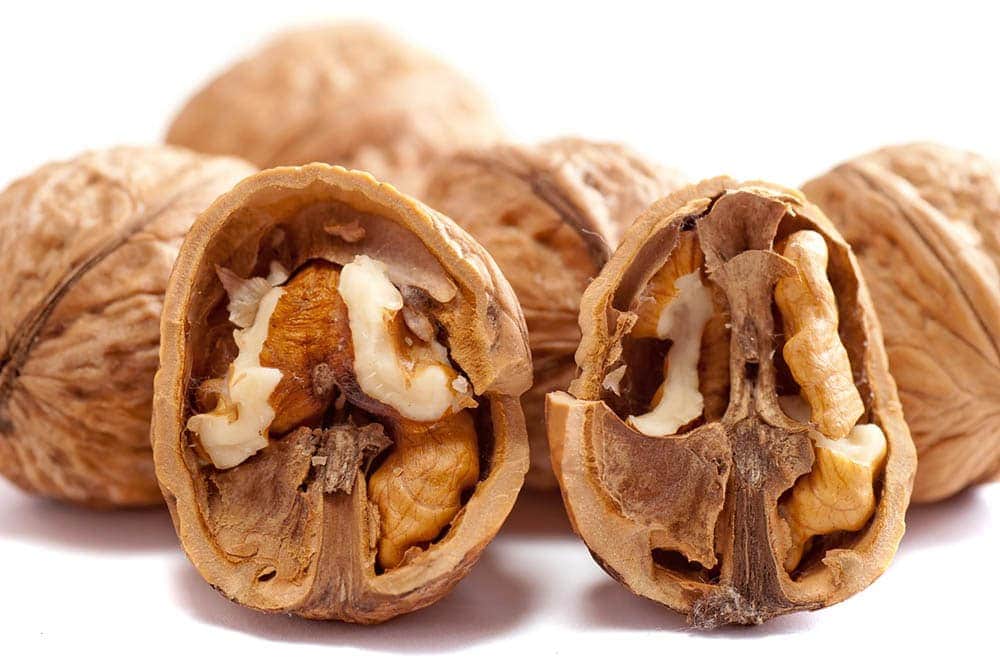
Why Can’t Guinea Pigs Eat Walnuts?
To understand why guinea pigs shouldn’t eat walnuts, we need to first look at the guinea pig’s natural diet.
Herbivores
Guinea pigs are herbivores, so their diet is plant based only. They are originally from the Andes in South America and are foragers. Their diet in the wild consists primarily of grasses and plants that are high in fiber.
Even though walnuts come from a plant, a guinea pig’s digestive system just isn’t set up to digest them. So guinea pigs can experience digestive issues when they eat them.
Domesticated guinea pigs eat a variety of different foods that they wouldn’t normally get in the wild. This includes hay, fresh veggies and fruits, and pellets. Together, these foods give guinea pigs all of the nutrients that they need without any extras that they don’t.
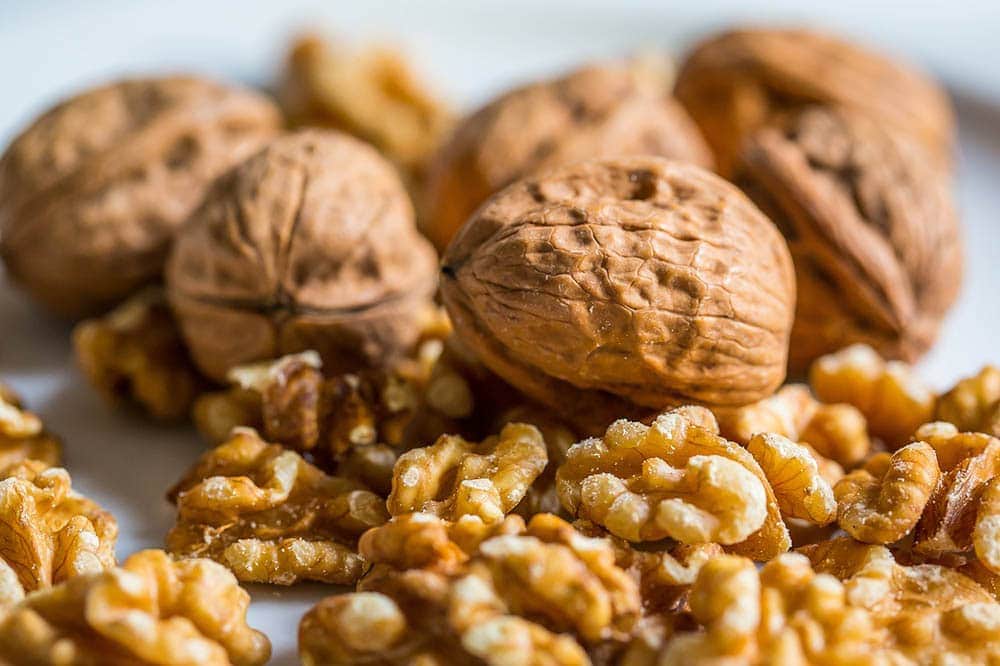
Potential Health Issues From Feeding Walnuts to Guinea Pigs
Gastrointestinal Issues
Eating walnuts, which are high in fat, can cause gastrointestinal problems in guinea pigs.
Their digestive system can’t properly break down the walnuts, potentially resulting in stomach pains and diarrhea. Diarrhea can quickly lead to dehydration, particularly in such a small animal, and should be checked out by a vet.
Obesity
Since walnuts are quite high in fat, the extra calories can cause your cavy to gain weight and become obese if they eat too many. An overweight guinea pig can suffer from several health issues, including difficulty grooming their backends, which can potentially lead to infections.
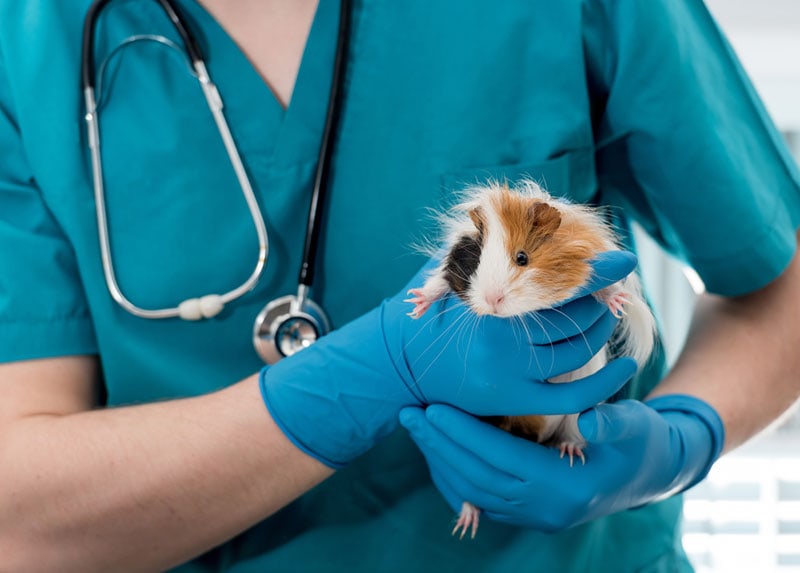
Choking Risk
Walnuts can pose a choking hazard for your cavy. The texture and shape of many nuts can lead to a piece becoming stuck in the throat or obstructing the airway.
What You Should Feed Your Guinea Pig
Hay
Guinea pigs are herbivores, and the most significant part of their diet should be hay. High-quality hay must be made available to your cavy at all times. Timothy hay, orchard and meadow grass hay are all good options.
Hay is essential for healthy digestion and to wear down their teeth, which continuously grow.
Vegetables
Vegetables make up the next largest portion of your guinea pig’s diet. They will require about 1/2 to 1 cup of a vegetable mixture consisting of about two to three different kinds of veggies, every day.
Suitable vegetables to offer your cavy are:
- Bell peppers (remove the seeds)
- Broccoli
- Cauliflower
- Carrots and carrot tops
- Cilantro
- Clover
- Cucumbers
- Dandelion greens
- Romaine, red or green leaf lettuce
- Squash
- Tomatoes (remove stems and leaves)
Pellets
Offer your guinea pig 1 to 2 tablespoons of species-appropriate pellets per day. These provide vitamin C, which is essential for guinea pigs because they can only get it through their diet.
Be sure to only provide your pet with pellets made specifically for guinea pigs, and check that they are fortified with vitamin C.

Fruits
Fruits and anything else considered treats should only be offered to your cavy once or twice a week. If given too frequently, the high amounts of sugar can lead to stomach upset and the extra calories can lead to weight gain.
Suitable fruits for guinea pigs are:
- Apples
- Bananas
- Blueberries
- Cantaloupe
- Kiwi
- Oranges
- Papayas
- Peaches
- Pears
- Pineapple
- Strawberries
Thoroughly wash and remove any seeds or pits first.
Foods That You Should Never Give Your Guinea Pig
Other than nuts, several foods should never be fed to guinea pigs. Some are downright toxic, while others can lead to health problems, such as choking and an upset stomach.
The following items should never be offered to guinea pigs:
- Animal protein
- Avocados
- Bread
- Chocolate
- Dairy products
- Garlic
- Houseplants
- Grass cuttings from your lawn
- Mushrooms
- Onions
- Peanut butter
- Pellets made for other animals
- Potatoes
- Rhubarb
- Seeds
Conclusion
In general, nuts are not recommended for guinea pigs, including walnuts. While they aren’t toxic, they can lead to health issues and should not be fed as part of a regular diet or even as treats.
When introducing a new, appropriate food to your guinea pig’s diet, do it slowly and gradually. Watch for any stomach issues. If everything goes well, it can become a regular part of your cavy’s diet.
Be sure to speak to your vet about your pet’s diet if you have questions or concerns, and research any food that you’re thinking of giving your guinea pig before you do so.
Featured Image Credit: engin akyurt, Unsplash


